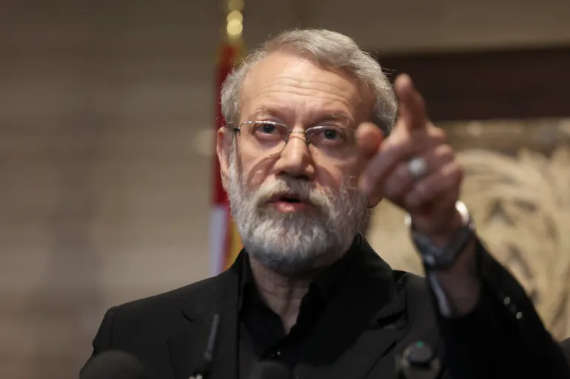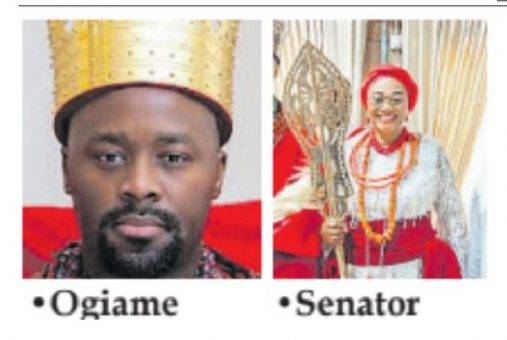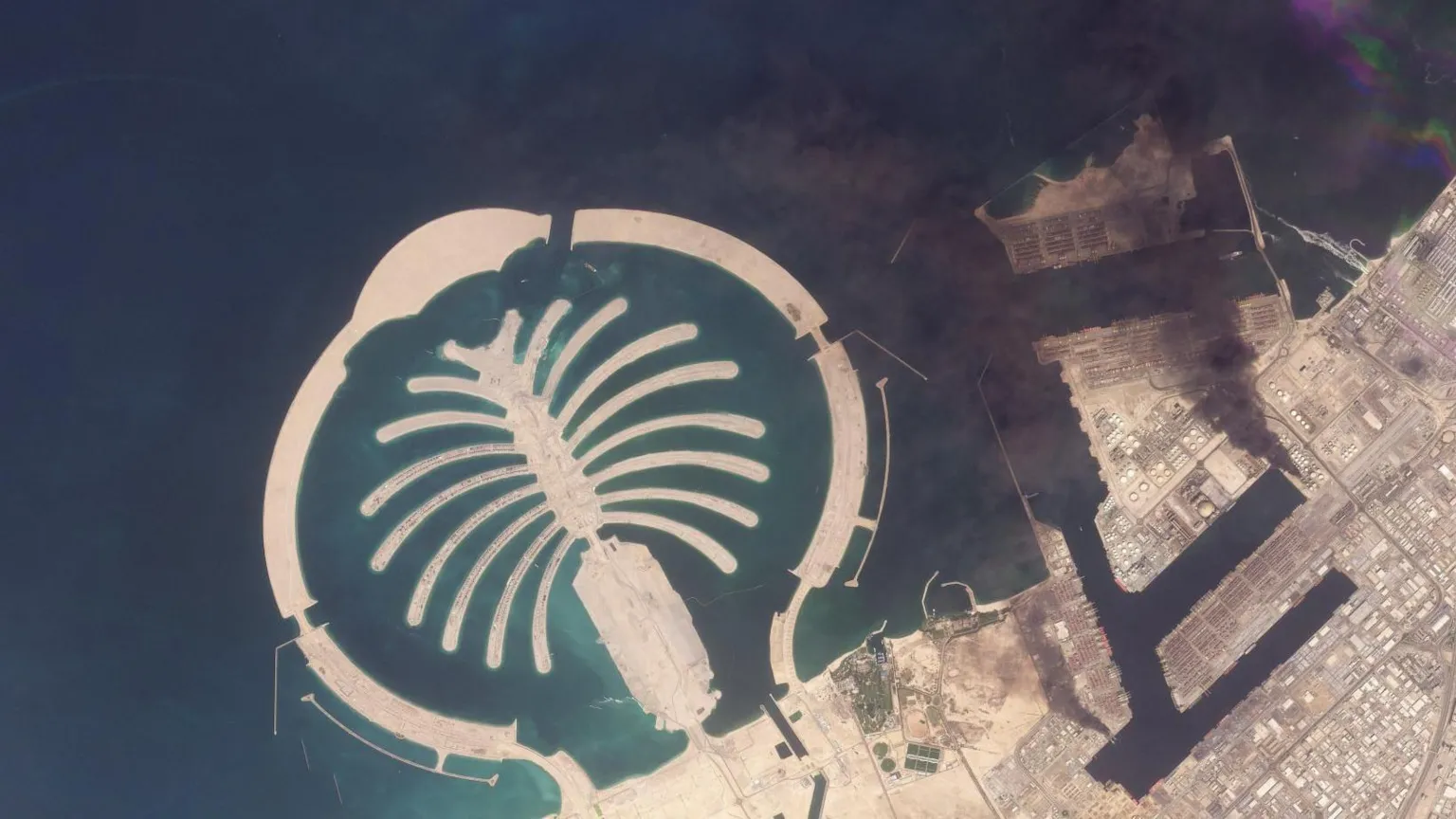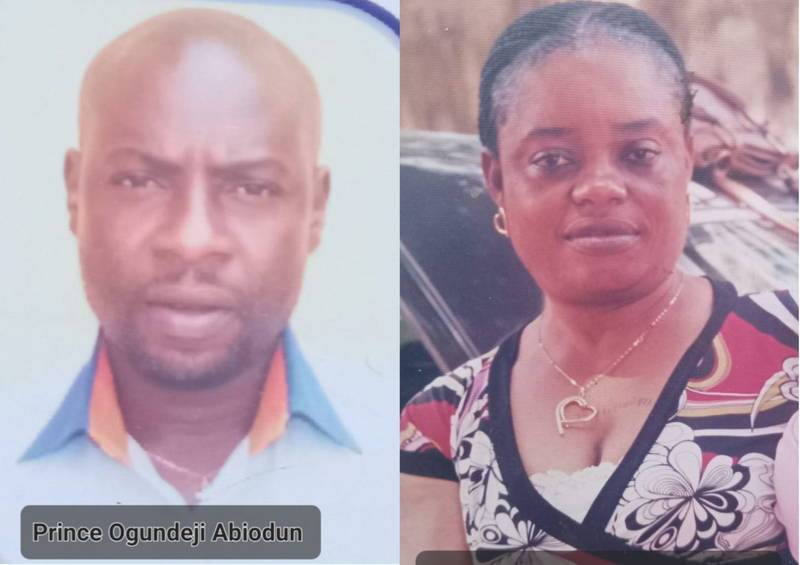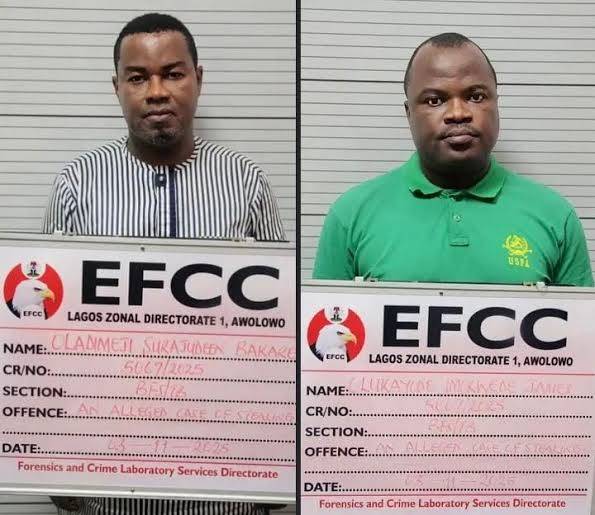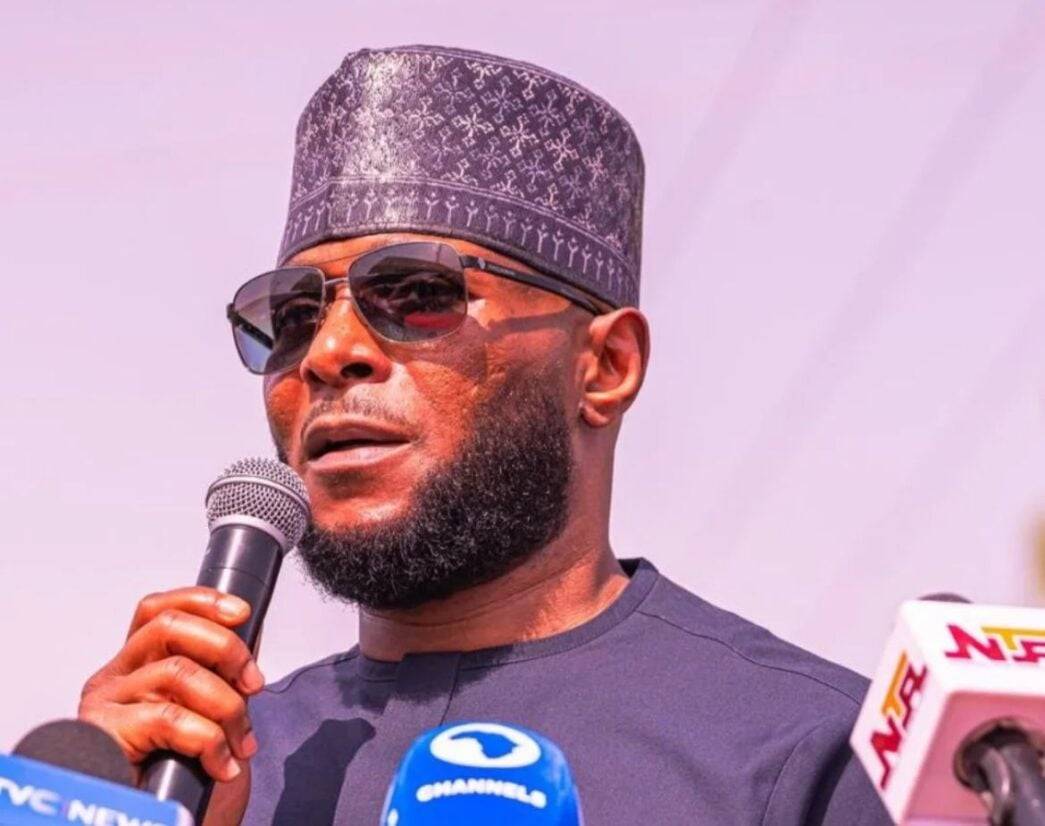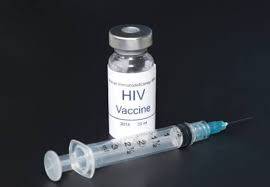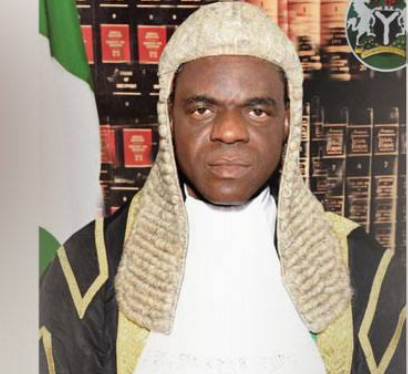FROM every indication the Nigerian health sector is visibly ailing under the present administration. Besides leading the fight to keep the coronavirus pandemic, COVID-19, among the world’s lowest in terms of prevalence and impact, the general attitude of this regime to that all-important sector is that of abandonment tinged with oppressive antics.
Health is wealth. Every reasonable and sensible government will regard the good standing of its health sector as a priority. But in Nigeria, successive leaders at federal, state and local government levels have ignored this factor even though it is at the heart of the welfare of the ordinary people who queue up to vote politicians into power.
President Buhari, who has enjoyed routine and expensive foreign health vacations at the expense of the Nigerian taxpayer, has disappointed millions of ordinary Nigerians who had hoped that his campaign for “change” in 2015 would spawn a government that would take the social sector – especially health and education – personally because it has direct impact on the lives of the people.
What we have seen, instead, is a situation where, despite huge annual allocations, even for the State House Clinic in Aso Villa, there is nothing to show for it, while our leaders continue to enjoy excellent healthcare in foreign lands and at public expense.
The ongoing strike by resident doctors is just one of the numerous walk-offs by health sector workers as a result of government’s lack of interest to make our system work. Unfortunately, the problem is the same at sub-national levels.
Governments reach agreements with health workers and renege at will. Our doctors are among the worst paid in the world. Some states even owe health workers months in arrears with no immediate plans to pay, resulting in what is referred to in medical circles as the “hunger virus”.
Government is unwilling to fix our broken health system. Over the years, Nigeria-trained doctors and nurses have had to take their fates in their hands by seeking greener pastures abroad. This year, the UK government threw its doors open for certain categories of Nigerian doctors to join their health system. The government of Saudi Arabia brazenly conducted an open recruitment of Nigerian doctors in Abuja. Embarrassed by the number of doctors who responded and public outrage, the Federal Government sent the Directorate of State Services, DSS, operatives to stop the exercise.
The search for people-oriented leadership in Nigeria must continue. We have enough resources to rebuild our health and educational systems, but unless we compel our leaders to stay here and “enjoy” the same facilities that the ordinary citizens are forced to live with, we may never fix the system.
As we face the onset of a new electoral season, let us shun sentiments and search for competent, patriotic and empathetic leaders to fix Nigeria.


